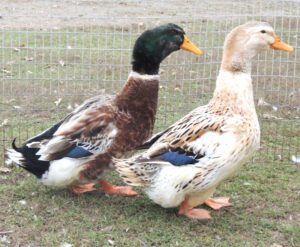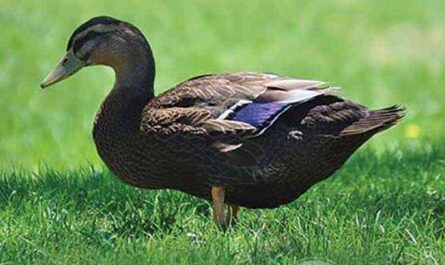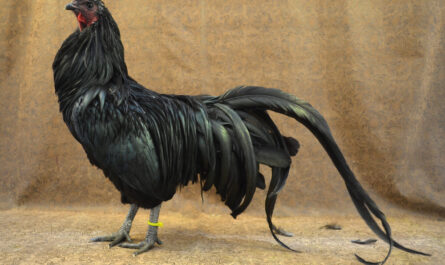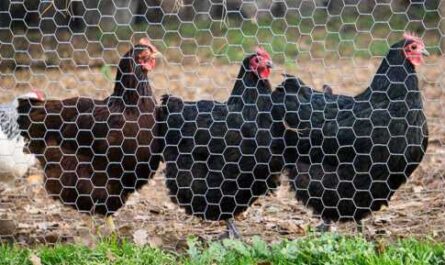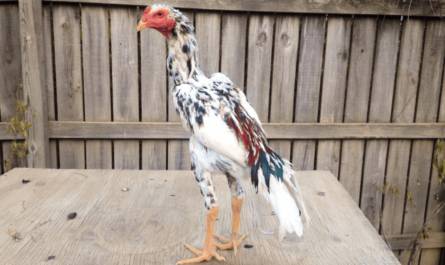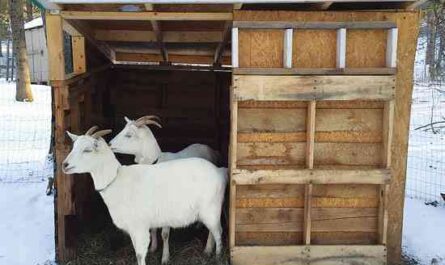Whether you have a large number of chicks or are just starting to raise chicks, you need to know how to add new chicks to an existing flock.
Information on how to introduce new chicks into an existing flock will help you avoid infecting your flock with diseases and parasites.
Suddenly introducing new chicks into an existing flock is not a good idea and you can’t expect things to go well after that.
Chickens tend to chase an unknown chicken from the flock. This is a common behavior among chicks and it is actually normal for an established flock to aggressively pursue an intruder.
Thus, you need to properly introduce new chicks into the existing flock. And it is very important to know how to add new chicks to an existing flock. Not all chickens have the same behavior and personality.
Each bird will have its own response to the alien. Some birds won’t tolerate an intrusion, but some are actually calm.
Some birds can become very aggressive towards new birds. And aggression can turn into bloodshed if new chicks are placed in a confined space with no possibility of escape. A chicken can pinch another and violently peck its head.
How to add new chicks to an existing flock
Chickens are very sociable birds, they form strong social groups and establish slanders a few days after getting to know each other. And chickens really like to stay in groups.
Generally, established chicken flocks do not welcome other chickens outside of their group and can be surprisingly vicious towards newcomers.
And introducing new chicks to an established flock will take patience and often take a few weeks to settle in.
Methods for introducing new chicks to an existing flock may vary depending on your individual setup, so there is no one-size-fits-all solution to maintaining a happy flock.
However, we will detail here how to add new chicks to an existing flock.
Keep new chicks separated for several weeks
You should keep new chicks in a separate coop for several weeks and monitor them closely for any signs of illness. New birds should not share the same ground or air as old chicks.
After interacting with new chicks, you should wash your hands and clean the soles of your shoes. This will help prevent accidental infection.
Size of new chicks
Chickens can be real bullies (especially when they have smaller, weaker birds to hold on to).
Thus, new birds should be of similar size and age to minimize bullying and fighting.
On the other hand, adding a large number of suitable young birds may stress more mature chicks less.
Provide enough space for new chicks
Before introducing new chickens, make sure there is enough space in the coop to house the new birds.
This will help reduce the likelihood of bad habits due to overcrowding. Cannibalism is one of the worst results of overpopulation.
Also provide cover if existing birds attack new chicks.
Storage in a chicken coop
You can keep new chicks in the same coop but in a separate pen (separated by netting or a fence).
This will allow adult chicks to satisfy some of their curiosity without instant quarrels.
Keep old chicks busy by distracting them
You can hang a distraction on the pen, like something shiny, or nail a few cobs of corn in accessible places to occupy the old hens while the new hens explore.
The attention of older chicks will be more focused on scratching and pecking at these distractions than on newer chicks in the group.
Move the chickens to a new location
If possible, move new and old chicks to a completely new and different location.
This throws your older girls off balance because it’s not their home and so they’re more likely to be less defensive and tough on newbies.
After a few days or weeks things will start to improve and all of your chickens will be taking the new supplements. And finally, peace will once again be restored to your flock.
Add new birds at night
You can leave new chicks in an existing flock overnight so they can wake up together.
Generally, this will likely reduce bickering and pecking from new chicks.
Provide plenty of food and water
You need to make sure there is enough food and drinkers so that old chicks cannot guard new chicks for access to food and water.
You must properly feed and water new chicks before adding them to an existing flock.
Remove injured chicks
You must remove injured chicks from the flock. Remove the injured bird at the first sign of shiny blood and treat it with “anti-pecking ointment” or pine resin to prevent further pecking.
Chickens naturally peck fresh blood and can kill an injured chick very quickly.
Hope you learned a lot about how to add new chicks to an existing flock. By following these methods, your birds will be accepting new supplements in about a week. And finally, peace and happiness will once again be returned to your herd. Thanks!
video









